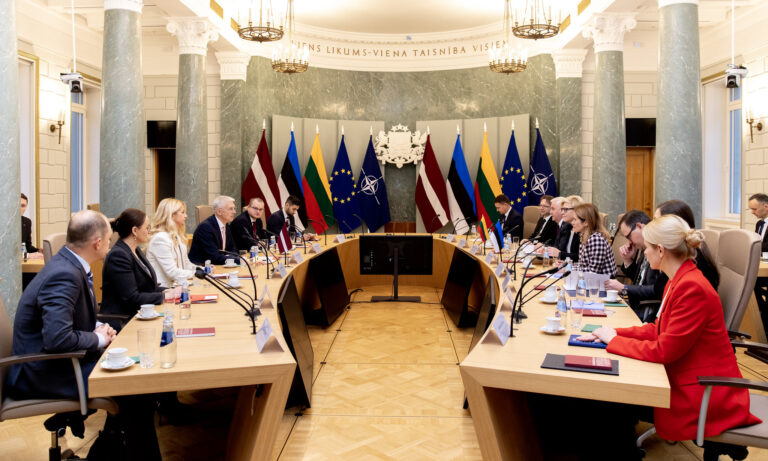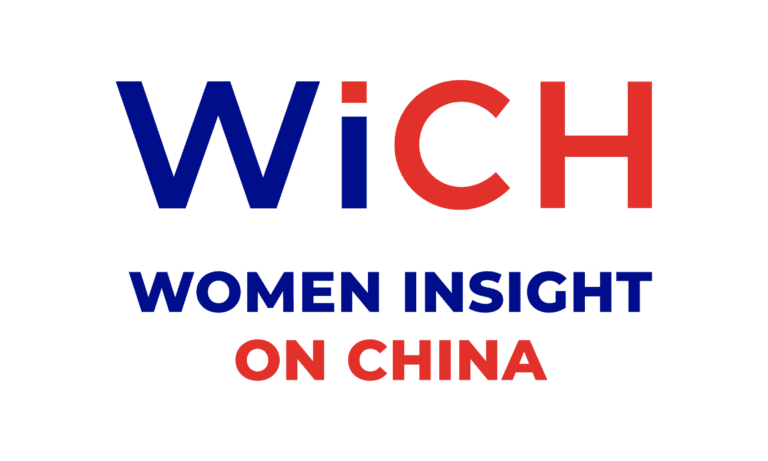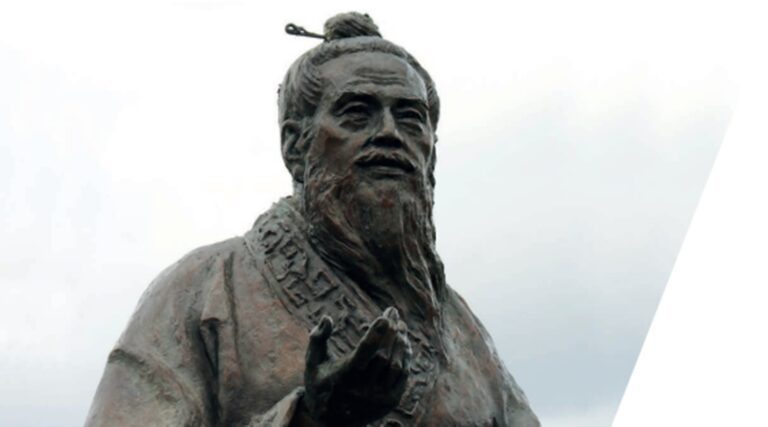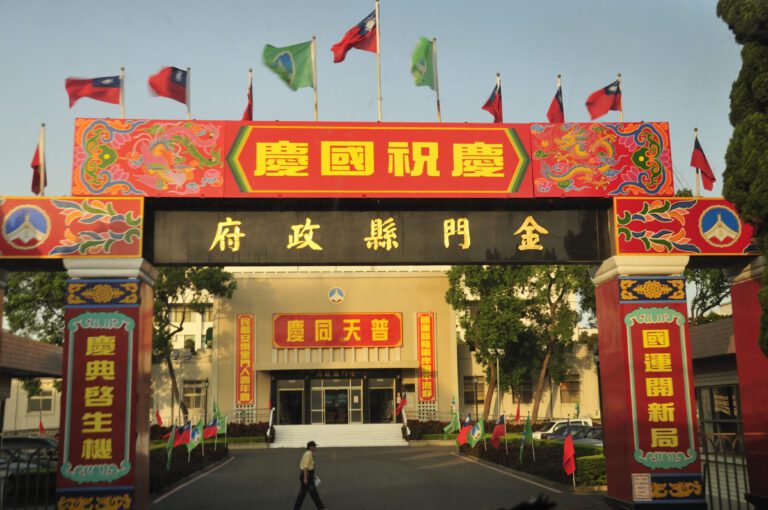#China
Less Controllable Bodies: How China’s New Population Growth Policy is Failing
One of China’s biggest challenges today is its unprecedented low birth rate that threatens its economic development, especially given the country’s unsustainable pension system that is expected to be financially unviable by 2035. Besides…
Lithuania’s Parliamentary Elections: Foreign Policy Outlook on China and Taiwan
During the 2020-2024 tenure of Lithuania’s center-right coalition government, the country’s pivot from China to Taiwan became a prominent example of its values-based foreign policy. However, this shift sparked significant criticism within domestic political…
The Race for Cyberspace: China’s IP Standards and the Threat to Net Neutrality
The competition among information communication technologies (ICTs) has become a central aspect of the global struggle for power and influence. At the heart of this lies the issue of internet governance, where the principles…
The Azerbaijan-China Strategic Partnership: Opportunities and Challenges for the EU
The relationship between Azerbaijan and China has evolved significantly over the past decade. This is evident in public statements by their respective heads of state, which frequently highlight the growing friendship and expanding trade…
Introducing WiCH: Empowering Women in China Studies Across Europe
The Women Insight on China (WiCH) is a new initiative aimed at addressing the underrepresentation of women in the field of China studies across Europe. Designed and run by the Association for International Affairs…
Dresden Foundry: The EU’s Bid for Tech Sovereignty
In August, the European Semiconductor Manufacturing Company (ESMC) – a joint venture between the Taiwan Semiconductor Manufacturing Company (TSMC), Bosch, Infineon and NXP – began constructing a €10 billion semiconductor plant in Dresden, Germany.…
Voice for CHOICE #46: EV and Critical Raw Material Supply Chains with Dominika Remžová
Amidst the broader geopolitical tensions, the EU-China relations have seen significant changes. De-risking, economic security and strategic autonomy are at the forefront of such changes, with electric vehicle and raw material supply chains driving…
Reassessing Relations with China: Nepal’s New Negotiation Strategy
In late June this year, top diplomats from Nepal and China gathered in Kathmandu for a bilateral meeting expected to bring clarity on two issues in Sino-Nepali relations: the future of the Belt and…
The Demise of Confucius Institutes: Retreating or Rebranding?
Education and student exchanges have long been central to the West’s engagement with China, with hundreds of thousands of Chinese students studying in Western institutions each year. In parallel, China has actively sought to…
Kinmen Is Unlikely to Become Taiwan’s Crimea
This article was originally published in The Diplomat and is republished here with the permission of the author. China’s gray zone and cognitive warfare tactics are one issue; a Crimea-like scenario is another. We…











